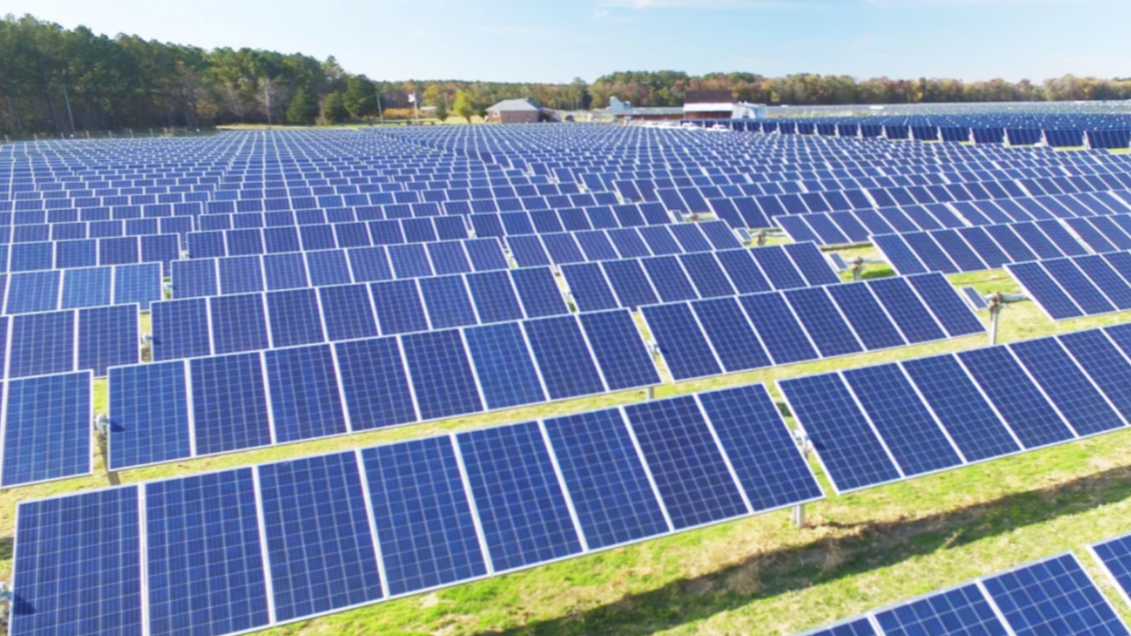Amazon has plans to launch 71 new renewable energy projects around the world.
The e-commerce giant is opening a new solar farm in Brazil, the first of its kind in South America.
It will also open solar farms in India and Poland for the first time.
Amazon has been criticised for its negative impact on the environment, with carbon emissions across its global business increasing by 18 per cent last year.
Amazon attributed the hike in emissions to its strong growth in 2021, which saw the company's sales jump 27 per cent in the second quarter.
Amazon's latest sustainability report, published in August, revealed that the company's total carbon footprint increased to 71.54 metric tons of carbon dioxide last year, up nearly a fifth compared to the previous year and almost 40 per cent higher than 2019.
The company claims that once fully operational, its global renewable energy use will generate 50,000 gigawatt hours of clean energy. It said that this would be the equivalent to the amount of electricity needed to power 4.6 million US homes each year.
“We are bringing new wind and solar projects online to power our offices, fulfilment centres, data centres, and stores, which collectively serve millions of customers globally, and we are on a path to reach 100 per cent renewable energy across our entire business by 2025,” said Adam Selipsky, chief executive of Amazon Web Services. “Around the world, countries are looking to accelerate the transition to a clean energy economy, and continued investments like ours can help accelerate their journey as we all work together to mitigate the impacts of climate change.”
Amazon currently has 117 renewable energy projects in Europe, after announcing its first rooftop solar projects in France and Austria.
Latest News
-
Intel bets big on 18a with Panther Lake as rivals tout AI gains
-
Nvidia unveils Rubin AI platform and new open models at CES 2026
-
UK government invests £210m in new cyber action plan
-
xAi faces global scrutiny as governments probe sexualised AI
-
Amazon must face historic price gouging class-action lawsuit, US judge rules
-
Samsung to 'double' mobile devices with Galaxy AI to 800m
The future-ready CFO: Driving strategic growth and innovation
This National Technology News webinar sponsored by Sage will explore how CFOs can leverage their unique blend of financial acumen, technological savvy, and strategic mindset to foster cross-functional collaboration and shape overall company direction. Attendees will gain insights into breaking down operational silos, aligning goals across departments like IT, operations, HR, and marketing, and utilising technology to enable real-time data sharing and visibility.
The corporate roadmap to payment excellence: Keeping pace with emerging trends to maximise growth opportunities
In today's rapidly evolving finance and accounting landscape, one of the biggest challenges organisations face is attracting and retaining top talent. As automation and AI revolutionise the profession, finance teams require new skillsets centred on analysis, collaboration, and strategic thinking to drive sustainable competitive advantage.
© 2019 Perspective Publishing Privacy & Cookies








Recent Stories